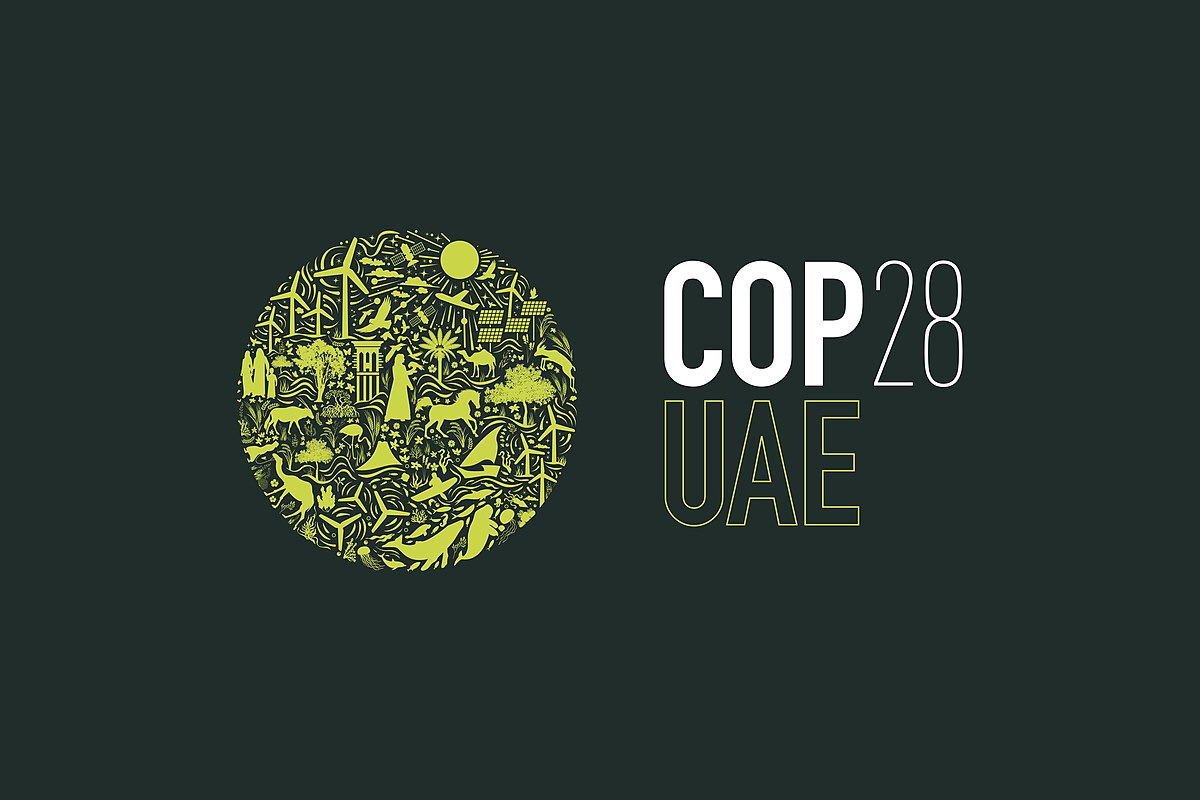On May 23, the United Arab Emirates (UAE) invited Israel to the upcoming United Nations Climate Change Conference, more commonly referred to as COP28.
Mohamed Al Khaja, the UAE’s ambassador to Israel, delivered letters of invitation to Israeli Prime Minister Benjamin Netanyahu and President Isaac Herzog on behalf of President Sheikh Mohamed bin Zayed Al Nahyan.
COP28 will be held at Dubai’s Expo City from November 30 through December 12. According to the UAE, some 70,000 officials and activists are expected to visit the Gulf state to attend the summit.
As the PM of Israel, Netanyahu made several visits to Abu Dhabi in the years leading up to the United States-brokered Abraham Accords normalization deals Israel signed with the UAE, Bahrain and Morocco in 2020. However, none of these visits were public.
The UAE reportedly delayed the invitation to Netanyahu due to violence in occupied Palestinian territory and tensions with Iran.
Among the other foreign leaders who received an invitation to COP28 was Syrian President Bashar al-Assad, a top ally of Iran and a foe of Israel. Al-Assad’s invitation came in a letter from Sheikh Mohammed bin Zayed that was delivered by UAE Chargé d’Affairs in Damascus, Abdul Hakeem Al-Nuaimi, on May 15.
UAE cut relations with Syria after the outbreak of the war in 2011. However, ties were restored in 2018. Al-Assad has paid two visits to Abu Dhabi since then. The Syrian President was accompanied by his wife, Asma, during his most recent visit on March 19.
While it is nearly certain that Netanyahu will attend COP28, it is still unclear if al-Assad is planning to attend the highly-anticipated summit.
The decision to invite both leaders to the summit is not surprising considering that both Syria and Israel are parties to the Paris Climate Agreement, as well as the Kyoto Protocol. However, the UAE, who has been leading efforts to de-escalate tensions in the Middle East, may be looking to send a political message to both sides.
Israel launched hundreds of strikes against Syria over the past decades under the pretext of preventing Iran from establishing a lasting presence in the country and smuggling weapons to Hezbollah in neighboring Lebanon.
Aside from two prisoner swap deals brokered by Russia in 2019 and 2021, peace talks between Syria and Israel have been very much dead.
After restoring relations with Syria and later normalization with Israel, many analysts in the Middle East assessed that the UAE is looking to mediate between the two enemies and relaunch the peace process. However, these remain just speculations for the time being.
A peace deal with Syria could open the door for Israel to reach a settlement with Hezbollah in Lebanon and lead to a de-escalation in both the occupied West Bank and the Gaza Strip. However, Damascus remains committed to the “land for peace” principle, which calls for a complete Israeli withdrawal from the occupied Golan Heights. Netanyahu’s strict government will not likely accept this, especially considering Syria’s current economic and security issues.
Russia, who maintains a large military presence and close relations with Israel, could support any peace efforts by the UAE. However, the U.S. will likely object in line with its current policy which calls for the complete isolation of Damascus. This will further complicate the situation.
Overall, the presence of both Netanyahu and al-Assad in COP28 would assure the UAE’s position as a key power broker in the Middle East.
MORE ON THIS TOPIC:


